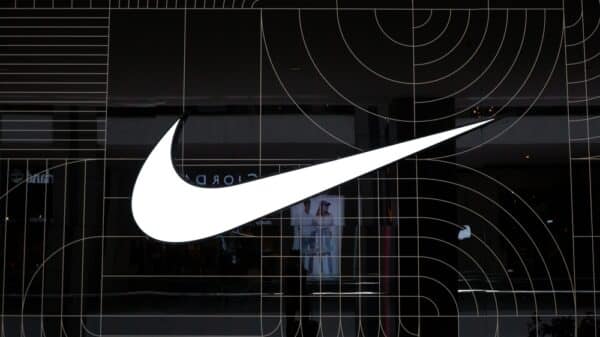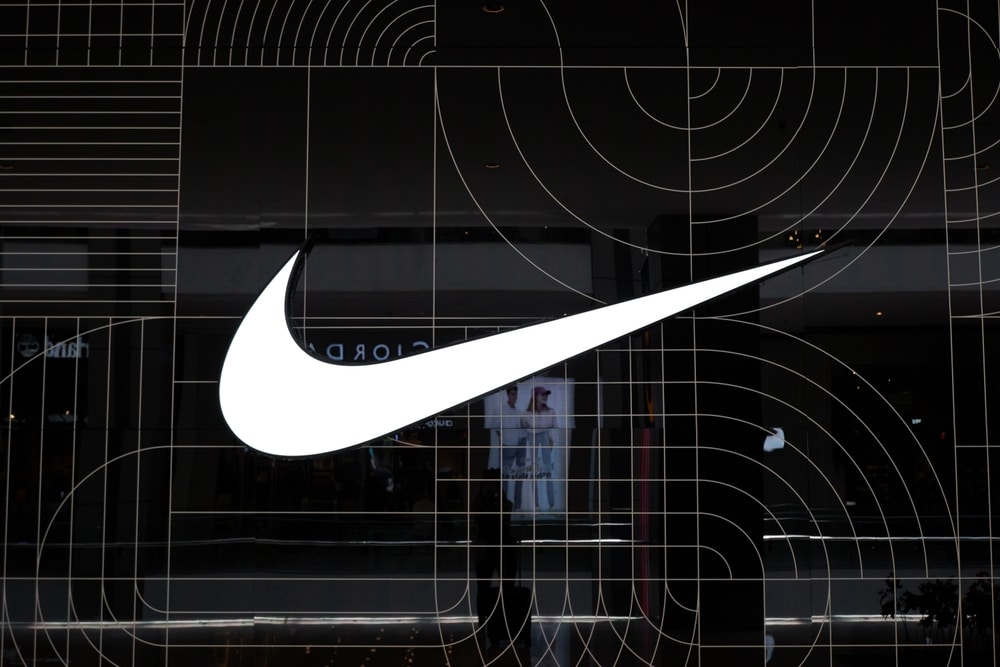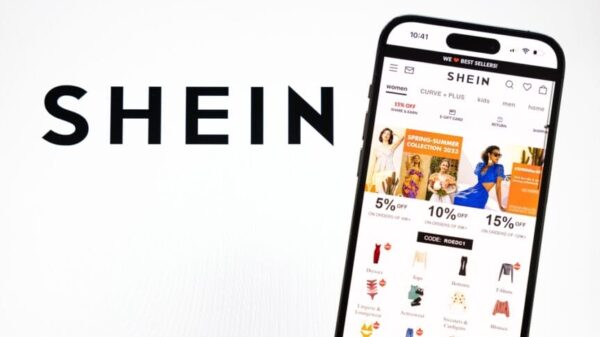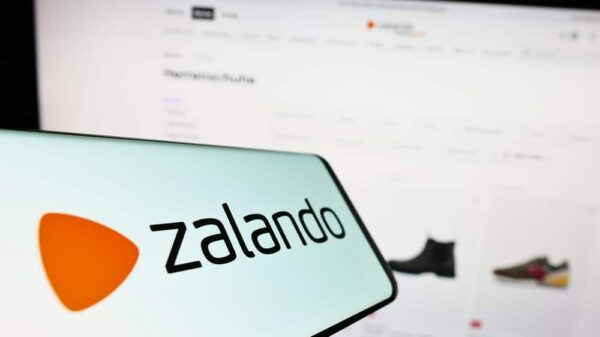Retail stocks experienced a significant boost recently following remarks from President Donald Trump regarding tariffs. The president announced a temporary pause on the implementation of higher tariffs for a period of 90 days, specifically targeting a group of nations that have kept their retaliatory measures aimed at the United States in check. This unexpected reprieve has sent waves of relief through the retail sector.
In a world where profits hinge on supply chain efficiency and cost management, many companies are undoubtedly breathing a sigh of relief. Key players in the apparel and sneaker market, including major suppliers from countries like Vietnam, Indonesia, and Cambodia, are now reconsidering their production strategies. These nations have shown a keen interest in entering trade negotiations to solidify their relationships with the U.S., but until solid agreements are in place, uncertainty looms large over global supply chains.
The stock market reacted positively to this news, with shares of retail giants soaring in response. By the afternoon of that dynamic Wednesday, Nike Inc. saw an impressive rise of 12%, Walmart Inc. climbed by 11%, while Lululemon Athletica and Gap Inc. jumped 16% and 19%, respectively. In fact, the S&P 500 Consumer Discretionary Index recorded its largest single-day gain since the economic crisis of 2008, highlighting just how much the market welcomed this turnaround in tariff policies.
Interestingly, this about-face by Trump took place a mere 13 hours after he initiated higher reciprocal duties on 56 nations, including those within the European Union. This initial move had sparked considerable market instability and intensified fears of an impending recession. However, with the new pause in tariffs, countries previously facing higher rates can now revert back to a 10% baseline, a change that could alleviate some of the pressure on these economies—though it’s important to note that China remains an outlier, facing steep tariffs of 125% in light of their ongoing refusal to engage in negotiations.
As Poonam Goyal, an analyst at Bloomberg Intelligence, aptly noted, this development is encouraging for retailers, particularly those actively seeking to diversify their manufacturing away from China and into nearby Southeast Asian countries. For sportswear brands, for example, navigating the implications of a 10% tariff is a challenge they can manage. Many are already repositioning their production efforts to Southeast Asia where they can evade the brunt of these new tariffs—keeping profits steady and consumer costs in check.
For you, the consumer, this could mean a steadier flow of your favorite products without the fear of rising prices, which is a welcome consideration as we navigate an ever-changing economic landscape. It’s a reminder that in the world of retail, where global contexts shape daily decisions, everything is interconnected—and what happens on the geopolitical stage can have a direct impact on what you pay at the register.
Image Source: slvn_an / Shutterstock





























